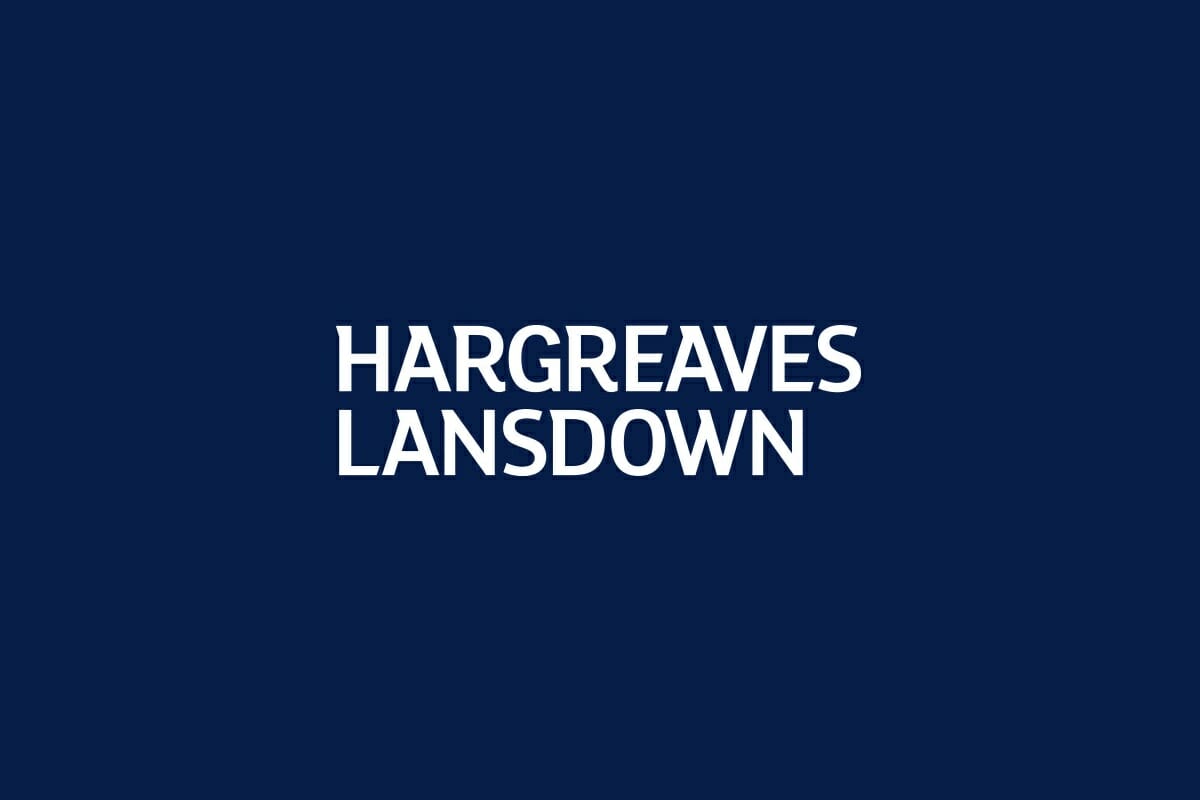Hal Cook, senior investment analyst at Hargreaves Lansdown, comments on the Chancellor’s Spring Budget, and the impact it has had on gilt yields:
“Gilt yields increased slightly ahead of the speech but during and after moved back broadly to where they started the day. Overall, there was little change over the day. In many ways this is a good thing – we all remember the impact of the Truss/Kwarteng attempt at a Budget.
As the policies announced don’t hugely impact the overall financing position of the government into the medium term, gilt yields don’t need to react. Lending to the UK government is broadly as risky today as it was yesterday.
Gilt issuance is expected to be higher in 2024/25 than previously, but the increase is marginal and was expected.
The British ISA, while potentially good for share prices, is unlikely to have an effect on gilts. The consultation on British ISA asks the question whether other assets including gilts be included. Remember that directly held gilts are not subject to capital gains tax (but exposure through investment funds is) so holding outside of an ISA, particularly in the secondary market is likely preferable to most direct investors.
Generally, it’s good that the market hasn’t been spooked by the policies announced today. It’s quite possible that the next Budget, after the General Election, will have a greater impact though.
What could happen next?
Looking forward, gilts still offer more value today than they have done for some time.
Now we are out of the interest rate rising cycle, interest rates could potentially go up or down from here. If there is a market shock that is bad for share prices, it is quite possible that interest rates could be cut or that there could be a flight to the safety of gilts. In that scenario, shares would likely lose value and bonds would increase in value. So, the standard textbook theory that investing in both shares and bonds gives you a smoother investment return over time might be back.
That said, if interest rates fall because inflation is considered under control, then that will likely be good for both shares and bonds. We saw this in the final two months of 2023 where markets thought that further interest rates were completely off the table and that interest rate cuts would be coming soon.
The potential downside is if inflation remains sticky and that further rate rises are required. This is a risk but is considered a very low probability outcome, backed up by the forecasts in yesterdays’ Budget around the path for inflation.”
















